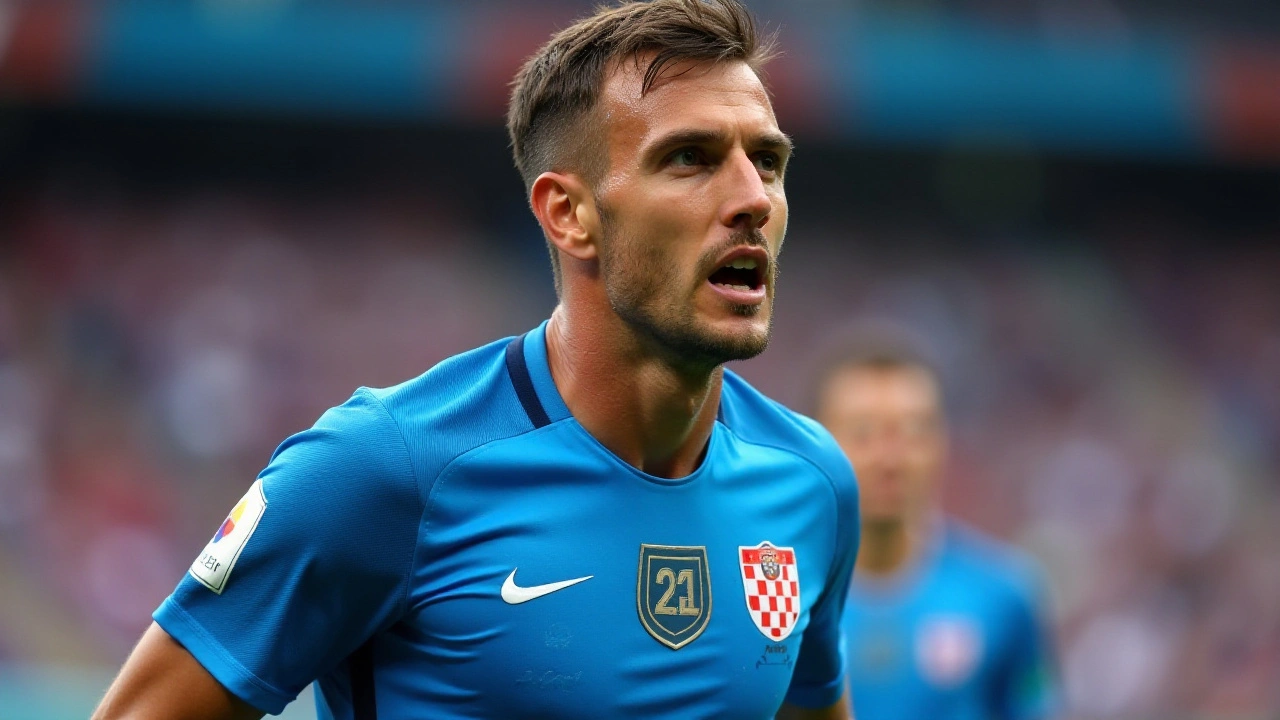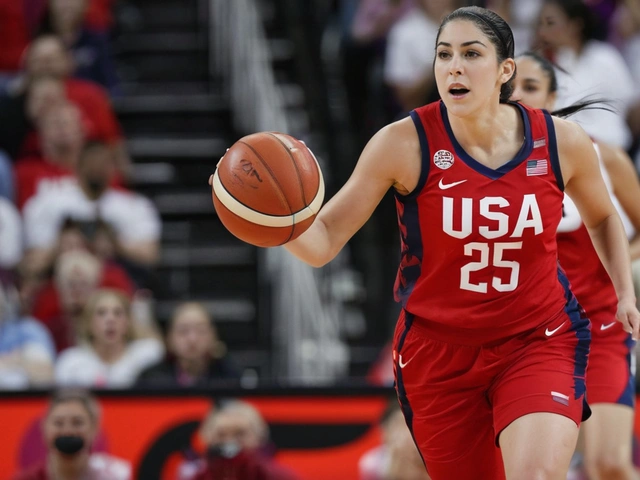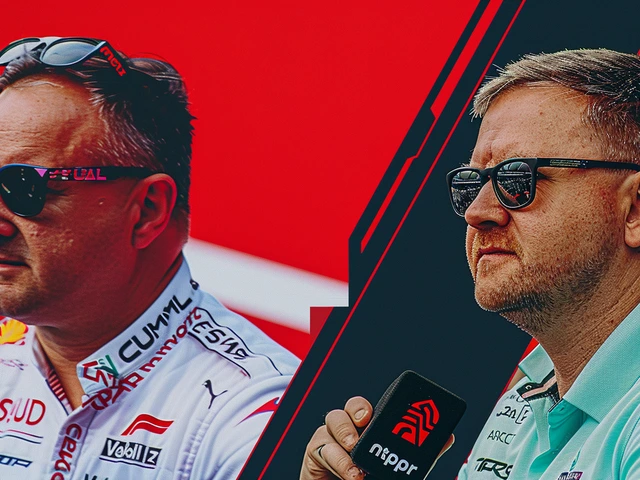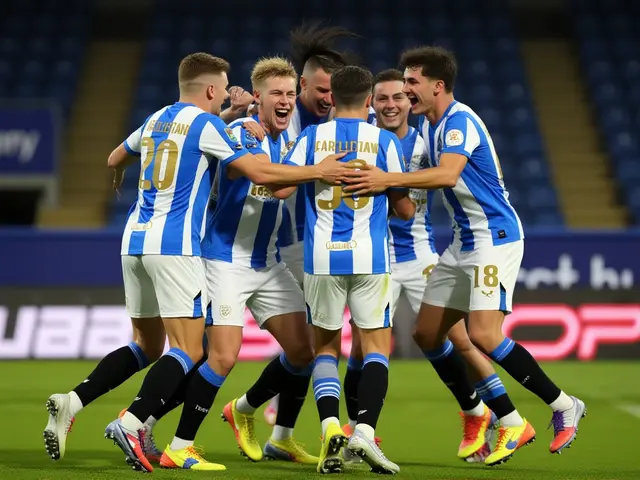UEFA Nations League: What Fans Need to Know
The UEFA Nations League changed how international football feels. It turned friendlies into competitive matches, gave smaller countries real chances, and added drama between qualifiers. If you follow European football, this is where promotion, relegation and surprise results can reshape lists and confidence.
How it works: national teams are split into leagues A to D based on coefficient rankings. Each league has groups of three or four teams. Teams play home-and-away matches within their group. Group winners can earn promotion to a higher league, while bottom teams risk relegation. League A group winners move to a Nations League Finals mini-tournament to fight for the trophy.
Why it matters: beyond the title, the Nations League offers extra routes to major tournaments like the Euros. Teams that don’t qualify directly can still reach playoff spots through Nations League performance. That makes every match more than a friendly, especially for mid-ranked nations trying to secure tournament football.
Key dates and format details
Seasons run on a two-year cycle with matches in international windows: usually in September, October, November, March and June. The Nations League Finals happen post-qualifiers and feature semi-finals, a third-place match and a final. Check UEFA’s official calendar for exact match dates and hosts each cycle.
Rules to note: away goals no longer decide ties in UEFA competitions, and rankings use points, goal difference, goals scored, and head-to-head results as tiebreakers. If a group winner is already qualified for a major tournament, the playoff slot can pass to the next best team from that league.
How to watch and follow
Broadcast rights vary by country. In many places, national broadcasters and sports channels carry the games; streaming services also pick up packages. For live updates, follow official UEFA channels, team social accounts, and reliable sports sites. If you bet or fantasy-manage, track injuries and rotation—national teams often rest key players outside major tournaments.
Who to watch: powerhouses like France, England and Spain are always contenders, but the Nations League regularly produces shocks. Expect strong performances from rising teams and veterans using the competition to test tactics. Managers use these fixtures to build squads and test young players under pressure.
Tips for fans: check kickoff times—matches span multiple time zones. Buy tickets early for home games; smaller stadiums can sell out. If traveling, verify visa and entry rules. For casual viewers, pick a match with stakes—group deciders and promotion battles offer the best drama.
Follow the standings and goal differences—those decide promotion and relegation. Watch which managers rotate players and which use full squads. Check injury lists before matchday. Use official team apps for ticket info and matchday travel tips. Podcasts and club channels often give behind-the-scenes talk that TV coverage misses and live analysis.
Want regular updates? Bookmark a reliable schedule page and sign up for alerts from UEFA or your preferred sports app. The UEFA Nations League packs competitive football into international windows and keeps national team stories interesting between major tournaments.
Croatia vs Portugal Clash: UEFA Nations League Showdown and Key Insights
By Sfiso Masuku On 18 Nov, 2024 Comments (9)

The stage is set for a thrilling clash between Croatia and Portugal as they face off in the UEFA Nations League at Stadion Poljud in Split, Croatia. With high stakes for Croatia, who need just a draw to secure a quarter-final spot, Coach Dalić and captain Modrić emphasize a high-energy game. Despite Portugal's already secured top spot, both teams gear up for a match filled with strategic changes and pivotal performances.
View More




